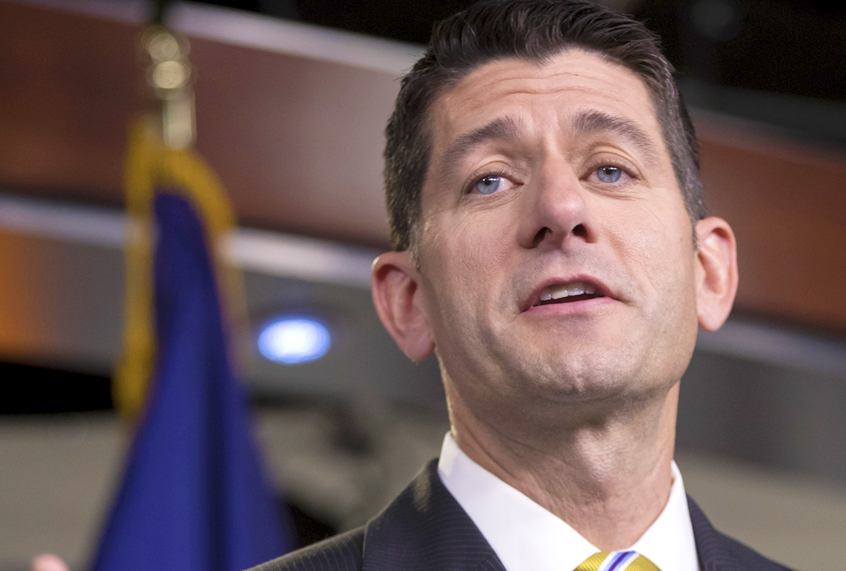The Republican tax reform bill is full of flaws — but instead of fixing them before passing the legislation, the GOP is instead hoping to pass it now and fix them later.
“I can’t imagine any major undertaking like this that doesn’t require technical corrections in the future,” Rep. Kevin Brady, R-Texas, told reporters on Friday. Because the tax reform bill has been rushed through Congress in order to get it passed before the end of the year, it is expected to have a number of glitches and loopholes that could cause headaches for ordinary Americans as they attempt to process the new law.
Brady would almost certainly be aware of this, given that he is Chairman of the Ways and Means Committee.
“In the end, after 11 years in the Senate, I know every bill we consider is imperfect and the question becomes is our country better off with or without this piece of legislation. I think we are better off with it. I realize this is a bet on our country’s enterprising spirit, and that is a bet I am willing to make,” Sen. Bob Corker, R-Tenn., said, after announcing that he would support the legislation he initially opposed.
Corker is under considerable criticism right now because he changed his position on the tax bill after a provision was added that would enrich him. The provision would allow real estate LLCs, like the one in which Corker owns a partnership, to receive a 20 percent deduction on income they earned. Corker has claimed that he did not know about the deduction when he decided to change his vote.
Republicans have been aware of the numerous glitches since as early as the beginning of the month, according to Politico. For one thing, they have been aware of the fact that cutting taxes on “pass-through” businesses could make it easier for the wealthy to find ways to lump their income under so-called businesses with those titles in order to avoid paying taxes on it. There were also concerns at that time that a proposal to tax the investment earnings of private university endowments would be difficult to implement because it didn’t specify what counted as an endowment.

